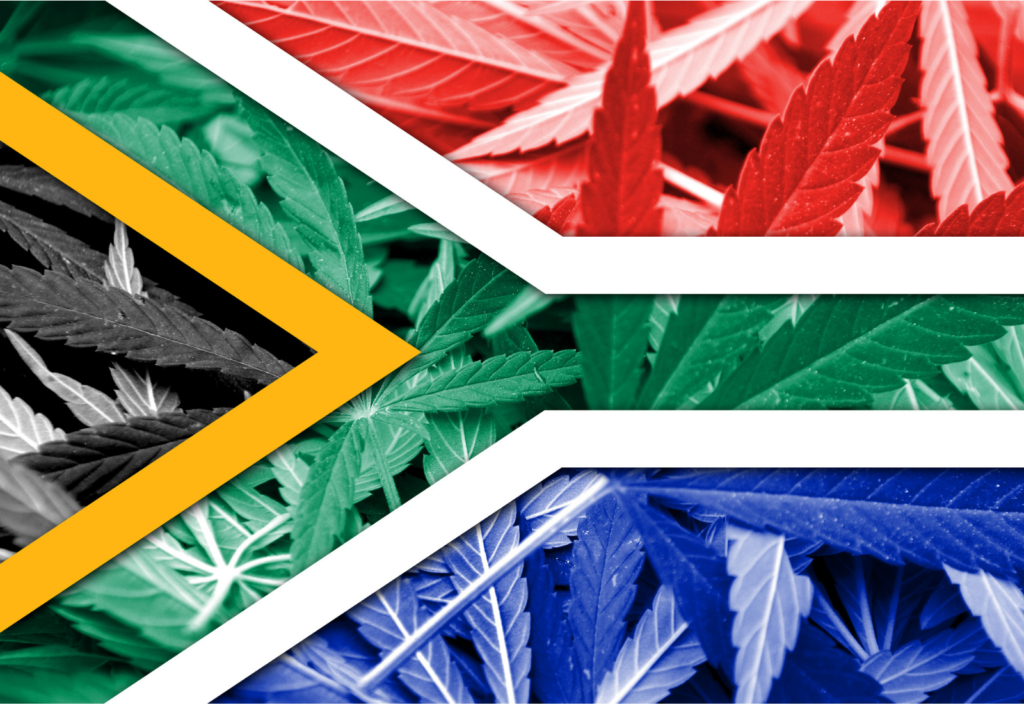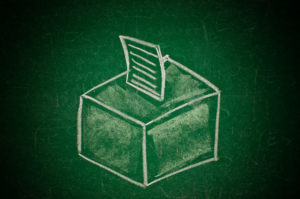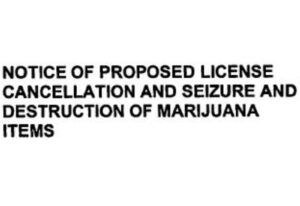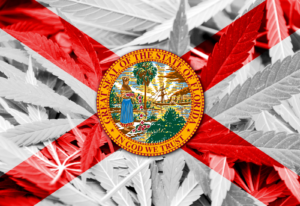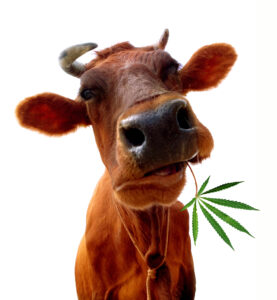South Africa is one of the few jurisdictions outside North America that has legalized recreational cannabis, albeit under very limited circumstances. Appropriately for a country belonging to the common-law tradition, legalization was not the result of a legislative enactment, but rather of a 2018 decision by the Constitutional Court (“ConCourt”) of South Africa, which partially upheld a ruling by a lower court in the Western Cape.
In its decision, the ConCourt found unconstitutional the statutory provisions that criminalized the use and possession of cannabis in private, as well as cultivation in a private place for personal consumption. This finding of unconstitutionality was based on section 14 of South African Constitution, which enshrines a right to privacy that includes the right of persons not to have their persons, homes, or property searched, or their possessions seized. However, the ConCourt did not extend the reasoning to include the purchase of cannabis, as the lower court had.
The ConCourt decision enjoined the South African Parliament to repeal the laws in question within two years. On September 1, 2020, the Cannabis for Private Purposes Bill was introduced. This bill would codify the legal framework mandated by the ConCourt decision. Consistent with that decision, selling cannabis would remain a criminal offense, save for some limited exceptions.
Turning to medical use, in general both CBD and THC products require a prescription. In the case of THC, a scheduling exception has been made to accomodate the ConCourt decision. Processed cannabis products containing 0.001% THC or less are also exempt as well, to permit the unrestricted sale of certain CBD products. Processed hemp fiber and its products are also exempt, as long as they contain no more than 0.1% THC.
In 2020, the South African Health Products Regulatory Authority (SAHPRA) exempted some CBD medicinal products from this requirement. According to a 2020 SAHPRA notice, a prescription is not required for CBD products that are:
complementary medicines containing no more than 600 mg cannabidiol per sales pack, providing a maximum daily dose of 20 mg of cannabidiol, and making a general health enhancement, health maintenance or relief of minor symptoms (low-risk) claim or
processed products from cannabis raw raw plant material intended for ingestion containing 0.0075 percent or less of cannabidiol where only the naturally occurring quantity of cannabinoids found in the source material are contained in the product.
The CBD exemptions do not extend to foodstuffs. According to SAHPRA, “CBD as an additive or ingredient is not permissible in foodstuffs,” with only naturally occurring trace amounts deemed acceptable. SAHPRA guidance also suggests that cosmetics are subject to the same restriction; this is consistent with reports of seizures of imported products.
In conclusion, credit must be given to the South African authorities for moving past generalizations when it comes to CBD, a common sense approach that would be welcomed elsewhere. As for recreational cannabis, the ConCourt decision is a promising start, but legal avenues should also exist for those who are not blessed with a green thumb or otherwise cannot grow at home. We will be keeping an eye out for further developments, and see if the Rainbow Nation continues to be Africa’s cannabis pioneer.










